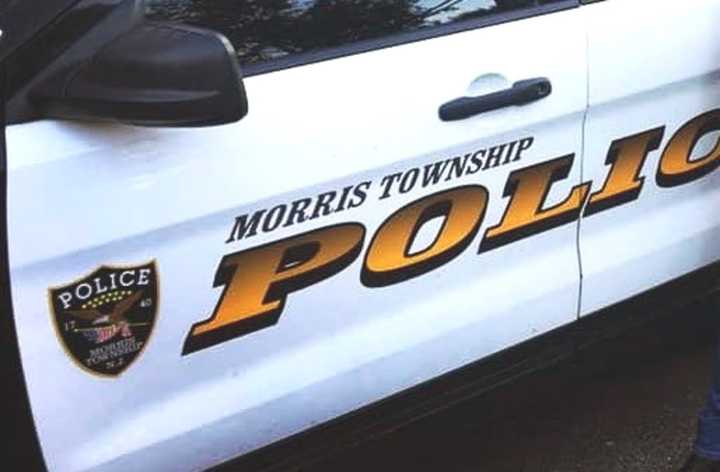Timothy O’Shea, 24, was bleeding from the neck and wrists when officers responding to a 911 call found him in the driveway of his Fairchild Avenue home on July 14, 2020, Acting New Jersey Attorney General Matthew J. Platkin said Tuesday, April 12.
Several responding officers -- from the township, Morris Plains and Morristown – had gotten the older female caller to safety when they encountered O’Shea, the attorney general said.
He was holding what looked like a genuine firearm, Platkin said.
“Officers pleaded with Mr. O’Shea to drop the weapon, but he did not comply,” he said. “Mr. O’Shea raised the weapon and pointed it in the direction of Sgt. [Christopher] Cornine, who then fired 4 shots, striking Mr. O’Shea twice.
“Officers rendered medical aid until EMS arrived. EMS transported Mr. O’Shea to Morristown Medical Center, where he was pronounced deceased at 5:41 p.m.
“The pistol that was in his hand was recovered at the scene and determined to be a replica Beretta 9mm airsoft pistol,” the attorney general said.
State law and his own guidelines require Platkin's office to investigate deaths that occur “during an encounter with a law enforcement officer acting in the officer’s official capacity or while the decedent is in custody," no matter what the circumstances are, he said.
The guidelines guarantee that the investigation is done “in a full, impartial and transparent manner," removing politics or personal agendas.
Once the investigation by Platkin’s Office of Public Integrity and Accountability (OPIA) was complete, the results were presented to the grand jury.
Grand jurors reviewed witness interviews, video footage, autopsy results and forensics evidence before concluding its deliberations Monday with a “no bill” – which Platkin said meant that “the actions of the officer who shot at Mr. O’Shea should not result in charges against him.”
Airsoft guns carry recycled plastic ammunition used for target shooting and various games. Although not lethal, they can cause serious injuries.
They also can easily be mistaken for the real thing. That’s why New Jersey bans selling or openly carrying them.
“An officer may use deadly force in New Jersey when the officer reasonably believes it is immediately necessary to protect the officer or another person from imminent danger of death or serious bodily harm,” Platkin noted.
Click here to follow Daily Voice Bristol and receive free news updates.
